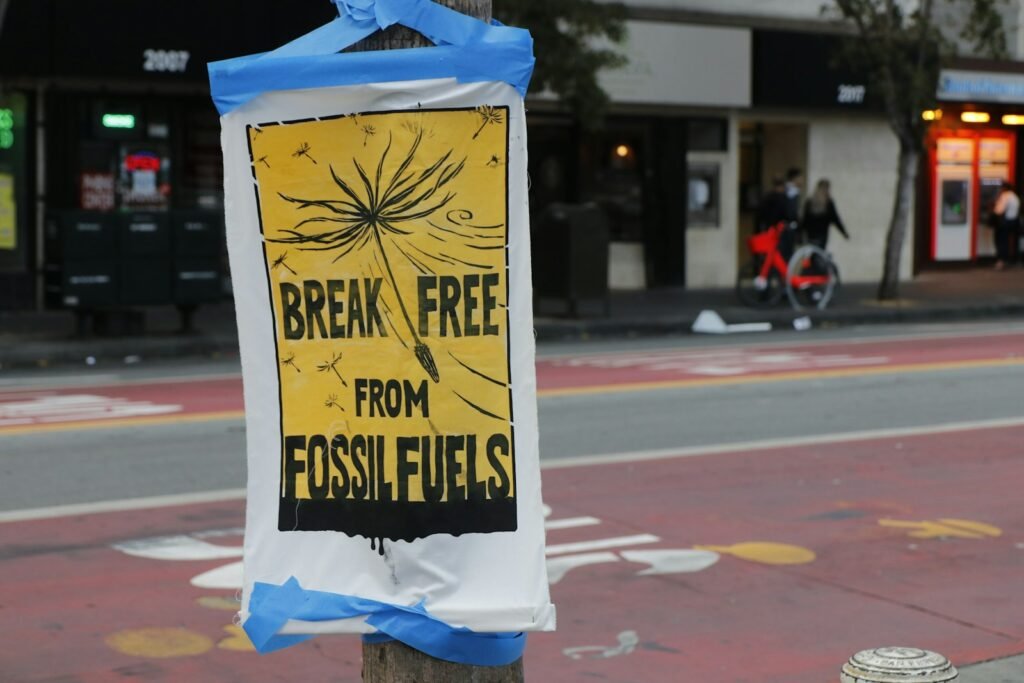Publishers have an impressive slate of environmental books lined up for release this autumn — even more than usual. Maybe that’s an indication of how bad our environmental problems have become, how many problems we face, and how hungry people are for solutions.
As the nights get longer and cooler, here are 12 noteworthy new books for readers to put at the top of their fall reading piles. The list includes important new titles from climate scientists, activists, conservationists, and environmentally aware novelists — and they all point toward ways to appreciate, understand, and help this planet and everyone who lives here.
As usual, the links for each book go to the publishers’ websites, but you should also be able to find them through your local bookseller or library.
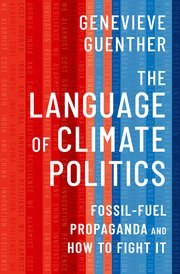
The Language of Climate Politics: Fossil-Fuel Propaganda and How to Fight It by Genevieve Guenther
Words matter, and this stunning book cuts to heart of corporate doublespeak and inspires us to think critically, excise disinformation, and rebuild our communication efforts to ensure a more just and livable future.
(Read our 2022 interview with Guenther on this very subject.)

What If We Get It Right? Visions of Climate Futures by Ayana Elizabeth Johnson
The most inspirational and solutions-driven climate book of the year, with contributions from more than 30 all-star experts. Read it and stop weeping.
(Read our 2018 interview with Johnson about ocean conservation.)

Absolution by Jeff VanderMeer
The famous Southern Reach trilogy that began with Annihilation expands to a fourth novel, and it’s a mindbender. Return to Area X and be horrified and illuminated. (Now excuse me while I go reread the first three novels with this one fresh in my brain.)
(Read VanderMeer’s 2017 Revelator essay, inspired by his book Strange Bird.)

Playground by Richard Powers
The Pulitzer Prize-winning author of Overstory returns with a new novel that has already been nominated for a bevy of awards following its UK publication. This one focuses on the ocean — carve out a few days to absorb and appreciate every well-crafted thought.
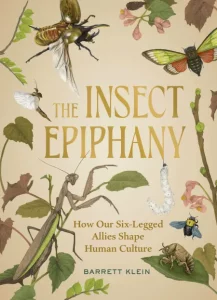
The Insect Epiphany: How Our Six-Legged Allies Shape Human Culture by Barrett Klein
Now, this is the way to write a conservation book. Klein, an entomologist, illustrates not just how the planet needs its bugs but how much humans have appreciated their very insect-ness over the millennia and expressed that in art, industry, technology, fashion, and our core cultural systems. Along the way he delivers a vital history that paves the way for the future.

The Revolution Will Be a Poetic Act: African Culture and Decolonization by Mário Pinto de Andrade, translated by Fabienne Moore
Not strictly an environmental book but one that cuts to the root cause of many of today’s biggest problems. The author died in 1990, but this collection of his speeches and essays still feels of the moment.
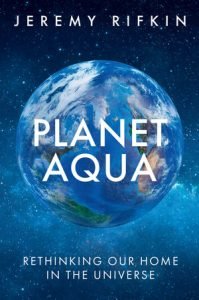
Planet Aqua: Rethinking Our Home in the Universe by Jeremy Rifkin
I’ve just started dipping my toes into this one, and it’s an eye-opener. Rifkin (whose The Green New Deal we reviewed in 2019) argues that humans aren’t a land-based species but one that will rely on water, and the hydrological systems we’ve altered, for our future. I look forward to drinking in the rest of this thoughtful tome.

Slippery Beast: A True Crime Natural History, With Eels by Ellen Ruppel Shell
Eels are big business, especially when they’re at their smallest. Catching “elvers” or “glass eels” — the early phase of their existence, when they’re just a few inches long and eerily translucent — can earn Maine fishermen tens of thousands of dollars for a few nights’ work. The fish then get shipped overseas to grow in tanks and eventually be eaten. This jaw-dropping book tracks the lucrative and often illegal (not to mention violent) trade in these tiny animals, while also diving into humanity’s relationship with eels.
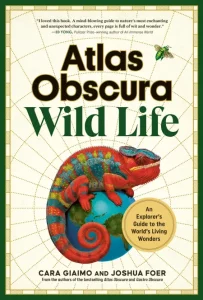
Atlas Obscura: Wild Life by Cara Giaimo and Joshua Foer
I’ve had a PDF of this massive compendium for a couple of months now, and I keep opening it to random pages and finding myself filled with wonder. Maybe one of these days I’ll read it from cover to cover. Until then I’m appreciating the surprises.

On Freedom by Timothy Snyder
I wouldn’t call this one — a powerful follow-up and companion to Snyder’s On Tyranny — an environmental book, but its insights can be applied to environmental issues. At its heart it positions freedom not as something we achieve from something else (“freedom from oppression”) but as something we’re entitled to (“freedom to move,” “freedom to be,” etc.). I’ve read On Tyranny and its graphic-novel adaptation a dozen times over the past few years; I see myself returning to On Freedom again and again as well.
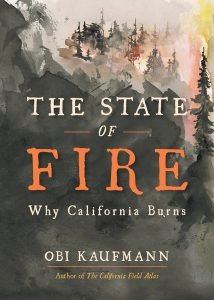
The State of Fire: Why California Burns by Obi Kaufmann
Can we find hope in a world of constant wildfires? Kaufmann proves we can. Although focused on California, this book offers lessons for other fire-prone parts of the world.
(Read our 2020 interview with Kaufmann on the power of forests.)

A Little Queer Natural History by Josh L. Davis
Nature is a rainbow. This concise book (just 125 pages) offers an enjoyable and illuminating look at the diversity of the natural world and shows that Earth’s plants and animals (including us) are far from binary.
That’s it for this month, but we’ll have another big batch of autumn books next month (along with a few from earlier in the year that we’ve been waiting to share). Meanwhile you can find hundreds of additional book recommendations in the “Revelator Reads” archives.
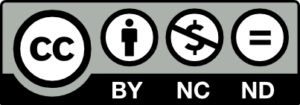
Read the full post at The Revelator.





